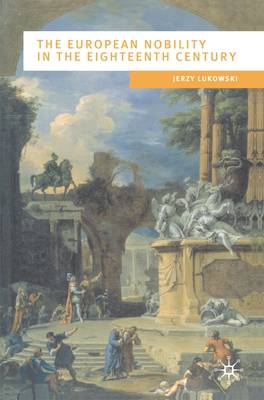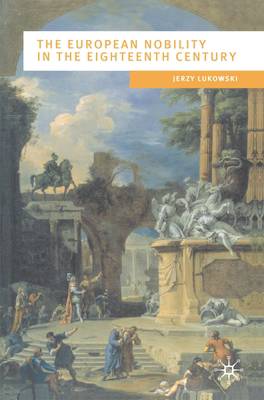
- Retrait gratuit dans votre magasin Club
- 7.000.000 titres dans notre catalogue
- Payer en toute sécurité
- Toujours un magasin près de chez vous
- Retrait gratuit dans votre magasin Club
- 7.000.0000 titres dans notre catalogue
- Payer en toute sécurité
- Toujours un magasin près de chez vous
Description
The position of the nobility depended on a stable world which accepted their authority: but, in the eighteenth century, that world was becoming increasingly fractured as a result of social and economic developments and new ideas. Since nobles were, in economic terms, an extremely disparate group, ranging from the near destitute to the unimaginably wealthy, how could this ruling class preserve a coherent identity? Was wealth more important than birth or education? How should wealth be retained or accumulated? And what role did women play in shoring up noble pre-eminence?
In this wide-ranging study, Jerzy Lukowski addresses these issues, and shows the pressures and tensions - both from governments and from the lower orders - which challenged traditional ruling groups in Europe during the century before the French Revolution. Lukowski explains the basic mechanisms of noble existence and examines how the European aristocracy sought to maintain a sense of solidarity in the midst of widespread change.Spécifications
Parties prenantes
- Auteur(s) :
- Editeur:
Contenu
- Nombre de pages :
- 243
- Langue:
- Anglais
- Collection :
- Tome:
- n° 19
Caractéristiques
- EAN:
- 9780333652107
- Date de parution :
- 17-07-03
- Format:
- Livre broché
- Format numérique:
- Trade paperback (VS)
- Dimensions :
- 136 mm x 217 mm
- Poids :
- 317 g

Les avis
Nous publions uniquement les avis qui respectent les conditions requises. Consultez nos conditions pour les avis.






